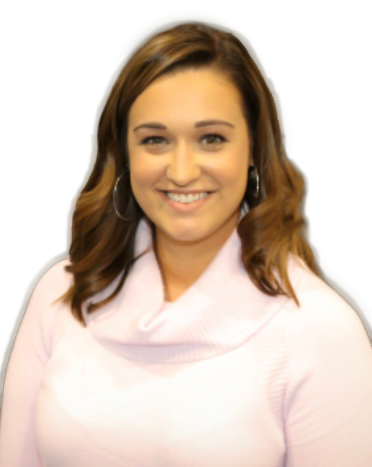
How do mRNA vaccines work - and why do you need a second dose? 5 essential reads
Tens of millions of people across the U.S. have received a coronavirus vaccine. So far, the majority of doses have been either the Moderna or Pfizer vaccine, both of which use mRNA to generate an immune response. These gene-based vaccines have been in the works for decades, but this is the first time they have been used widely in people.















